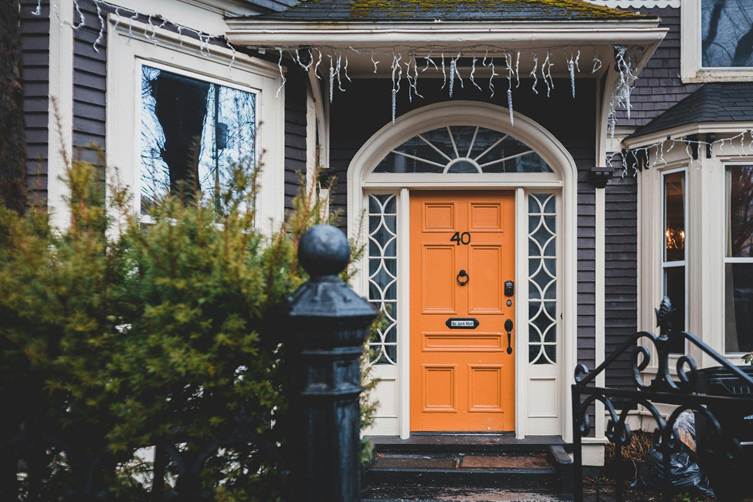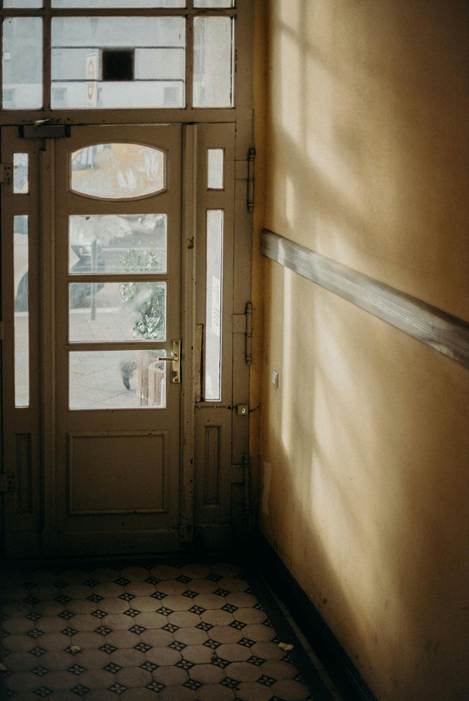
A gate does more than just provide an entrance to a home. It establishes an impression of security, style, and privacy. Selecting the right gate design is vital, for aesthetic purposes and for functionality. A multitude of factors must be diligently assessed to ensure that the gate integrates beautifully with the design of the house while serving its intended purpose effectively. In this discussion, we will explore the key considerations in gate design, including material, design style, security features, and more.
Understanding Your Requirements
Before diving into various designs and materials, it is important to evaluate your specific requirements. Consider how often the gate will be used and whether it needs to accommodate vehicles, pedestrians, or both. Each of these factors influences the type of gate you may want to install. If you live in a home with ample outdoor space, an automatic gate may be the most convenient option. For more restricted areas, a smaller swing or slide gate might suffice.
You’ll need to contemplate your security needs. If the location of your home is in a high-risk area, incorporating a robust security system with the gate might be necessary. It could be wise to enlist the expertise of professional services in this field. Consider that these experts can guide you through the various basic types of gate operators, helping you find the most reliable option for your specific gate design. Regardless of the type you choose, making informed security decisions can significantly impact your peace of mind.
Material Selection
The material of the gate plays a significant role in its durability, maintenance, and aesthetics. Common gate materials include wood, aluminum, wrought iron, and vinyl. Each material has its own benefits and costs associated with it. Wooden gates offer a warm and inviting appearance. They require regular maintenance to prevent rotting. On the other hand, aluminum and vinyl gates are often low-maintenance and come in various styles, providing flexibility without compromising durability.
Choosing the right material can affect the lifespan of your gate. Wrought iron is known for its strength and longevity, making it a suitable choice for homes in areas with harsh weather conditions. Conversely, vinyl may warp under extreme temperatures, leading to additional expenses in repairs or replacements. Therefore, a thorough understanding of the material's properties is vital for informed gate design decisions.
Design Style
Choosing the appropriate design style for your gate is crucial as it directly influences the curb appeal of your home. Decorative gates can enhance architectural features, creating a cohesive look between the gate and the house. Common design choices include modern, traditional, and rustic styles, each contributing a unique feel.
A modern design often includes sleek lines and minimalistic elements, while a traditional style may showcase intricate carvings or ornamental details. When selecting the design, think about the existing architecture of your home. A noticeable contradiction between the gate design and the main structure can create an uninviting appearance. Assessing how the gate complements the aesthetic of the property can determine its effectiveness as both a functional entrance and a design feature.
Security Features
Incorporating security features into your gate design is non-negotiable when safety is a top priority for many homeowners. A gate can be equipped with various security options such as electronic locks, intercom systems, cameras, and motion sensors. Each of these features adds a layer of protection while enhancing functionality. An intercom system allows for two-way communication, providing an added security measure to vet visitors before granting entry.
It is wise to consider how easy access can be granted or restricted. Keyless entry systems provide convenience and enhanced security. They eliminate the need for a physical key that can be lost or replicated. By evaluating the security measures available, you can confidently choose features that meet your specific needs, making your gate an entry point and a robust security barrier.
Cost Considerations
Budget plays a significant role in determining which gate design is right for your home. Various factors influence cost, including materials, design complexity, and added features such as automation or security systems. Wooden gates might be less expensive to install. Consider the long-term maintenance costs associated with them. While wrought iron gates can demand a higher initial investment, their durability often leads to more long-term savings.
When constructing a budget, include the cost of installation as part of the expenses. Hiring professionals may incur higher upfront costs but can save money and headaches in the long run, as it ensures proper installation and reduces the need for repairs. By factoring all these elements, you can find a gate that aligns with both your design preferences and financial constraints.
Maintenance and Longevity
After the installation of your gate, maintaining it is key to ensuring its functionality and longevity. Each material typically has different requirements. Wood gates may need regular staining or sealing, while metal gates might require occasional painting to prevent rusting. Understanding what is needed to care for your gate can make a difference in its lifespan.
Routine checks on hardware components such as hinges and locks can prevent functional issues before they become significant problems. Establishing a maintenance schedule ensures that the gate remains operational and aesthetically pleasing throughout the years. After all, investing in a high-quality gate is just the beginning. Consistent upkeep is crucial to maintaining its value.

Customization Options
Customization provides an excellent avenue for homeowners to tailor their gates to their personal preferences and the demands of their property. Whether it is incorporating your family crest in a wrought iron gate or choosing specific paint colors for a wooden design, there are numerous ways to make a statement. Custom gates can feature innovative designs that align precisely with the architecture of your house, enhancing its unique character.
Customized gates can be designed to address specific needs, such as size constraints or additional security features. The more tailored the gate, the better it will serve its functional purpose while adding to the property's design. Exploring customization options can yield a gate that is as functional as it is visually appealing.
As you navigate through the decision-making process for your gate design, weighing factors like material, aesthetic, and functionality will enable you to choose the right design for your home. This thoughtful approach allows for the integration of style, security, and practical use, culminating in a gate that stands the test of time in every sense.









